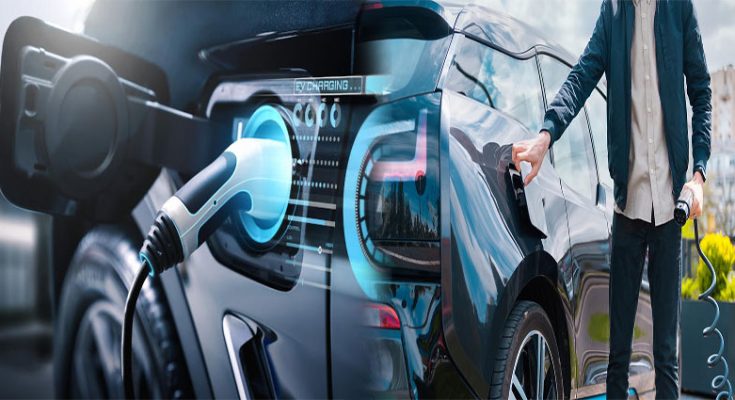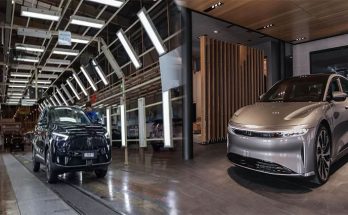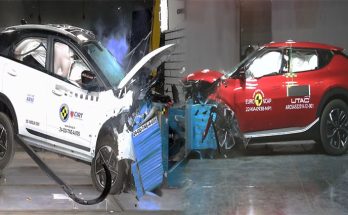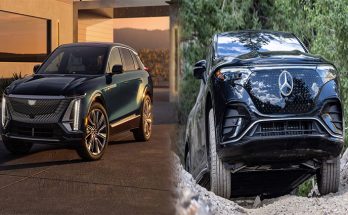As electric vehicles (EVs) continue to gain popularity, the charging infrastructure supporting them has expanded significantly, making EVs an increasingly viable option for drivers seeking eco-friendly mobility. However, one of the major concerns about EV ownership is the time required to charge the battery, especially for electric SUVs. To address this, let’s take a comprehensive look at the charging times for some of the top SUV electric cars on the market.
Tesla Model X
- The Tesla Model X, equipped with a Long Range battery option, can be charged from 10% to 80% in approximately 45 minutes using a Supercharger network.
- At a 240-volt Level 2 charger, the Model X charges at around 30 miles of range per hour, taking about 9 hours for a full charge.
Audi e-tron
- The Audi e-tron can be charged from 10% to 80% in around 30 minutes using a 150 kW DC fast charger.
- At a 240-volt Level 2 charger, the e-tron charges at about 28 miles of range per hour, requiring around 10 hours for a full charge.
Jaguar I-PACE
- The Jaguar I-PACE can be charged from 10% to 80% in about 45 minutes using a 100 kW DC fast charger.
- At a 240-volt Level 2 charger, the I-PACE charges at around 22 miles of range per hour, taking approximately 13 hours for a full charge.
Ford Mustang Mach-E
- The Ford Mustang Mach-E can be charged from 10% to 80% in approximately 45 minutes using a DC fast charger capable of up to 150 kW.
- At a 240-volt Level 2 charger, the Mustang Mach-E charges at around 20 miles of range per hour, requiring approximately 14 hours for a full charge.
Chevrolet Equinox EV
- The charging times for the Chevrolet Equinox EV have not been officially released, but it is expected to take around 1 hour to charge from 0% to 80% using a DC fast charger.
- At a 240-volt Level 2 charger, the estimated charging time for a full charge is around 11.5 hours.
As electric SUVs gain prominence in the automotive market, the charging times for these vehicles are becoming increasingly important. From the fast charging times offered by the Audi e-tron and Tesla Model X to the longer charging times required for the Jaguar I-PACE and Ford Mustang Mach-E, each vehicle’s battery size and charging capabilities significantly impact its charging performance. Notwithstanding, the still-to-be-released Equinox EV is also expected to deliver a decent charging time that will cater to the needs of budget-conscious customers.
However, the growth of public and at-home charging infrastructure means that charging an electric SUV is becoming more accessible and convenient every day. Additionally, with advancements in battery technology, the charging speeds for EVs are likely to improve significantly in the coming years. As EVs continue to revolutionize the automotive industry and become more commonplace on our roads, the charging infrastructure supporting them will only become more efficient and effective, making electric SUVs a practical and convenient option for drivers seeking a sustainable and economical form of transportation, with each uptick in efficiency making them all the more attractive.





